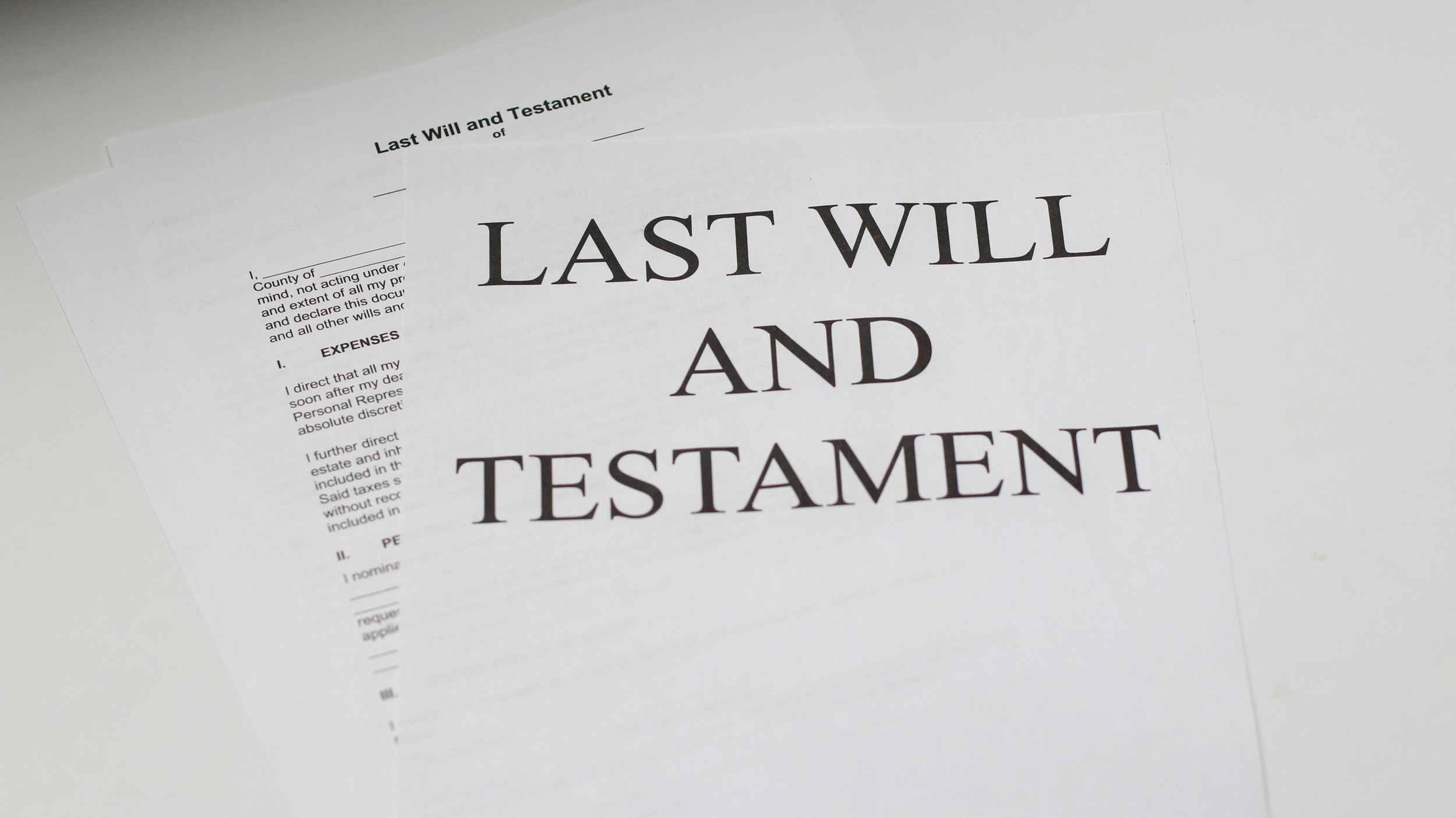Creating a will isn’t just about who inherits the house or the family jewelry. It’s about clarity, protection, and making sure loved ones aren’t left in chaos during an already emotional time. Yet, many people avoid writing one altogether, or, when they do, they leave out critical details that can lead to confusion, conflict, and even legal battles.
A vague or incomplete will is almost as risky as having no will at all. Specificity is everything. The more detailed and intentional the language, the more likely a person’s wishes will be honored and carried out without unnecessary stress for those left behind. Whether someone is crafting a will for the first time or revisiting one after a major life change, there are ten foundational elements that should never be overlooked.
The Full Legal Name and Clear Identification of the Testator
One of the simplest yet most essential parts of any will is the identification of the person creating it, known as the testator. Including the full legal name, date of birth, and current address leaves no ambiguity about who the will belongs to. This can prevent disputes, especially in families where multiple individuals might share the same or similar names.
Naming an Executor And a Backup
The executor is responsible for ensuring the will is carried out according to its terms. Without naming one explicitly, a court will appoint someone, which may or may not align with the original intentions of the deceased. A backup executor is equally important in case the first choice is unable or unwilling to serve.
Choosing someone trustworthy, organized, and capable of handling financial and legal matters is key. Clarity in this section saves time and prevents the need for court intervention.
Detailed Asset Distribution
Generic statements like “divide everything equally” can lead to big problems. Assets should be listed specifically—real estate, financial accounts, vehicles, collectibles, and even sentimental items. Each item should be matched to a named beneficiary to eliminate confusion.
When dealing with complex financial portfolios or high-value property, consulting with a legal or financial advisor is highly recommended to ensure everything is legally sound and tax-efficient.
Guardianship Plans for Minor Children
For parents, naming a guardian is one of the most critical decisions in a will. Without it, the court decides who will raise the children, often without knowing the family dynamics. Being specific, not just about who should serve as guardian, but also about values, education preferences, and any support systems, is vital.
It’s also wise to include a secondary guardian in case the first is unable to fulfill the role. This portion of a will can bring enormous peace of mind to parents knowing their children will be cared for according to their wishes.
Instructions for Pets
Pets are often overlooked in estate planning, but they’re family too. Including instructions on who will take responsibility, along with financial resources to cover food, vet care, and other needs, ensures furry companions aren’t forgotten or left in uncertain hands.

Handling of Digital Assets
From social media accounts to online banking and cryptocurrency wallets, digital assets are increasingly important. Specifying how these accounts should be managed, accessed, or closed, along with login credentials stored securely elsewhere, prevents digital complications that could tie up the estate.
Debts and Liabilities
Although debts don’t transfer to heirs directly, they do affect how much of the estate remains. A will should clearly outline how debts, taxes, and outstanding bills should be paid. This can also prevent disagreements about what assets should be sold off first if funds are limited.
Charitable Contributions
For those who wish to leave a legacy through charitable giving, it’s essential to include exact organization names, donation amounts, and any intended purpose for the funds. Being vague here can result in funds going to the wrong organization or cause, or not being donated at all.
Specific Funeral or Burial Wishes
While not legally binding in every jurisdiction, many people include instructions for their funeral or burial in their will. Whether it’s cremation, a specific cemetery, or a desire for a modest ceremony, writing these wishes down ensures surviving family members aren’t left guessing during a difficult time.
A Residual Clause
Even the most well-planned will can’t account for everything. A residual clause covers all remaining property not specifically mentioned elsewhere in the document. This prevents assets from being subject to default state laws and ensures everything is distributed according to personal wishes.
Planning for Peace of Mind, Not Just Distribution
A will is more than a legal document. It’s a roadmap for a smoother transition during one of life’s hardest moments. Specificity reduces stress, minimizes family tension, and helps preserve legacies as intended.
Leaving things open to interpretation, or forgetting important details, can have unintended consequences. With the right preparation and thoughtful inclusion of key elements, anyone can ensure their will serves as a true reflection of their values and intentions.
Have you ever seen confusion or conflict arise from a vague or missing will? What detail do you think people overlook the most?
Read More:
Dave Says: You Still Need a Will
12 Things Your Will Tells Your Family About You
Read the full article here














